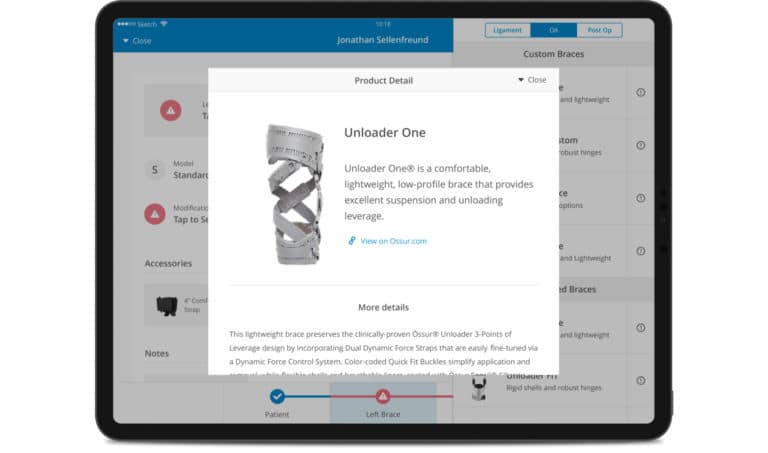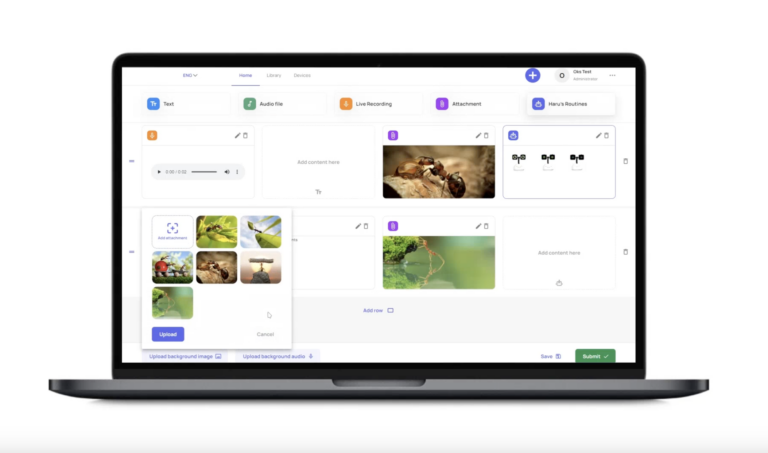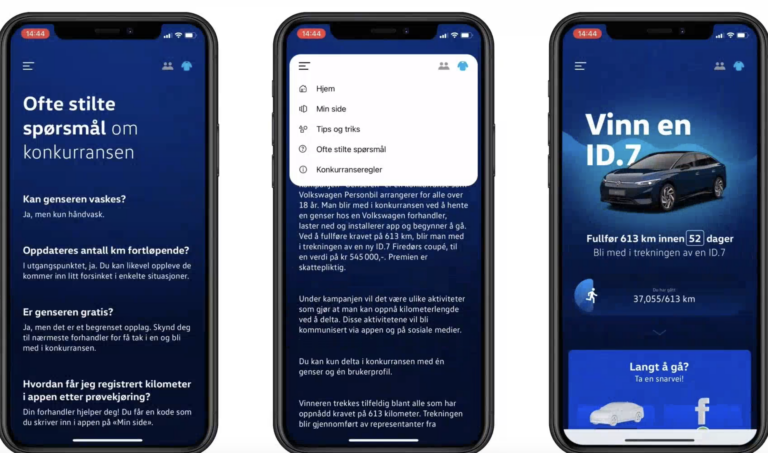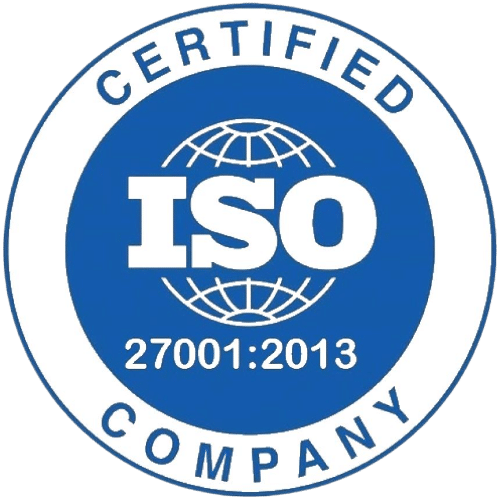Let’s meet in person!
Secure your personal meeting slot today — let's connect and discuss opportunities!
29-31 July. Dublin, IE
01-02 August. london, uk
Petro Diakiv,
Delivery Manager
at RELEVANT SOFTWARE
Supply Chain Management with IoT: A Huge Leap Toward Resilience
IoT, or the Internet of Things, describes sensor-equipped devices that are capable of gathering and transmitting data over a network. The data obtained from these devices can be analyzed and used for various purposes across practically all industries. For instance, IoT in supply chain management increases the efficiency of logistics and prevents delivery disruptions. No wonder about 40% of supply chain management executives want to invest in real-time supply chain visibility in 2021.

This article will focus on the changes IoT brings to managing supply chains. We’ll share some insights that are based on our experience in building IoT software solutions (check out our Sensor Innovation and Airthings cases for more details). On top of that, we’ll talk about the challenges specific to supply chains and take a quick glance at what the future holds for the adopters of IoT systems.

200+ companies from 25 countries outsourced software development to Relevant
We provide companies with senior tech talent and product development expertise to build world-class software. Let's talk about how we can help you.
Contact usTable of Contents
Why the Internet of Things matters to the supply chain
Building a resilient supply chain involves many challenges, especially in a globalized economy. Logistics schemes stretch across continents, relying on thousands of people, machines, and bits of information that accompany goods as they move along the route. The pandemic has once again brought to light how fragile these systems can be and forced businesses to optimize supply workflows.
Courtesy of Covid-19, transportation and labor costs have skyrocketed, along with the demand for certain product groups. Add to that the US-China trade war, and you have the perfect setting for a revolution in supply chain management.
To maintain business operations and keep them cost-effective, many logistics companies started to adopt IoT technology. IoT devices are small, easy to install and maintain, and can offer a robust alternative to human oversight when collecting and exchanging data. Data that is crucial for tracking and monitoring cargo, lowering the time and cost of delivery, and cutting losses along the way.
In a world where retail giants like Costco are compelled to directly rent ships to stay afloat, such technology is more than relevant today. Let’s see what we can expect from it.
How IoT devices will revolutionize logistics
Whether you’re running a 3PL (third-party logistics) company or are in the retail or wholesale business, these typical applications of IoT in logistics will make a difference for you.

Monitoring conditions in real-time
It’s hardly believable, but up to 40% of food is wasted in supply chains in North America. Ensuring proper conditions is a decisive factor when it comes to moving perishable goods in cold chains. While it’s possible to check the cargo at every stop, smart devices with temperature, humidity, and other sensors can offer much more.
One of the biggest advantages of IoT solutions for moving time- and temperature-sensitive cargo is the continuous flow of data. Because IoT devices are connected to a network—be it local or internet—they can send out constant updates and help ensure critical parameters are met. This applies both to goods in transit and warehouse storage.
Connected fleet management
Ensuring your vehicles perform as intended is another essential function of supply chain management. By using IoT-based solutions, your business can reap the following benefits in the transport department:
- Automated activity tracking. With GPS and other sensors connected within the IoT ecosystem, you can easily track your vehicles and get real-time info about accidents or delays. Your supply chain management software can use this data to optimize routes, reducing fuel consumption and increasing customer satisfaction.
- Better maintenance efficiency. Millions of vehicles are out on the road daily, and with the rapid increase in mileage compared to the lockdown period, they require more maintenance. Interconnected IoT devices can read and report multiple parameters, allowing to plan maintenance checkups proactively.
In general, vehicle connectivity makes fleet management “smarter,” enabling data-driven decision-making, numerous opportunities for cost-saving, and better control over the delivery process.
Asset tracking solutions
Better control over inventory is another advantage of using IoT in logistics. In addition to barcodes, warehouses can now use active and passive RFID (radio-frequency identification) tags for internal logistics. It’s much quicker and easier to identify incoming orders, manage returns, and take inventory with wireless supply chain tracking technology, bringing all the data into your enterprise resource planning software.
Speaking of wireless, consumer-level standards like Bluetooth and NFC have also found their place in the IoT world, mostly in retail stores. For instance, employees can now use their NFC-enabled smart devices with specialized mobile apps to read tags.
Now that we’ve more or less covered the big picture, let’s get to the specifics and review the role of IoT in supply chain management in more detail. What major sore points does the adoption of IoT solutions address?
How IoT can help you overcome major supply chain challenges
Modern supply chains rely on legacy methods, require supervision, and often contain multiple data silos. By adding IoT devices to your workflow, you’ll be one step away from creating a smart supply chain. To complete the transformation, you’ll need to develop an IoT solution for supply chain management that can unite disparate systems and help automate routine processes.
Here are some of the many advantages implementing IoT-based solutions can deliver.

Improve supply chain visibility and transparency
Poor end-to-end visibility is one of the bottlenecks modern logistics companies have to deal with when scaling up. Managers have to follow a breadcrumb trail of information, piecing together the whole picture. Where is the shipment now? When exactly will the goods arrive? Are they being stored properly?
In an IoT supply chain, critically important data is available constantly, so you have complete visibility and control over the entire journey of the merchandise. You know where the goods are, what your transportation expenses will be, and you can track storage conditions on the go. Should any loss or theft occur, the system will notify you immediately, so you can make decisions quickly.
Increase adaptability to changes in demand or supply
Retail stores are the typical endpoints of any supply chain. With properly configured software and IoT sensors placed at stores, you can gather valuable insights about the sales and popularity of different items. This data can be used to efficiently forecast demand and drive profits.
On the other side of the chain, we have the supply vendors. A smart supply chain solution can instantly detect delays in the shipment of particular products and alert procurement to increase orders. This way, your company can pre-emptively react to stock shortages.
Warehouse space isn’t free or cheap. With all the necessary data at hand and by employing data analysis algorithms, IoT-enabled supply chain management systems can save you from overstocking—and overpaying for storage.
Master your data by leveraging AI and Big Data
IoT Big Data solutions are trending in supply chain management for a reason. Whether your company goes the full cycle from production to sales or specializes in logistics services, employing modern data analysis tech is a must.
Your IoT devices will generate heaps of information, and Big Data tools are the best option for storing it and transforming it into actionable insights. AI (Artificial Intelligence) will be the perfect companion, helping to streamline and automate the decision-making process.
There’s another benefit of using both technologies that we’d like to mention.
Achieve new levels of risk management
If you think about it, proactive risk management is one of the most valuable IoT applications for supply chains. Augmenting your supply chain management solution with the power of IoT can help you better account for the following risk factors:
- Poor prediction of demand
- Disruptions in the flow of products (production, transportation)
- Loss or theft of goods
- Inefficient warehouse space planning
Timely and precise risk assessment is a logical outcome of shifting to smart supply chain services and can be a major driver of profitability.
And now, to better illustrate the numerous perks of integrating supply chain management with IoT, consider the real-life example below.
Deloitte’s IoT-enabled blockchain solution for supply chains
How to apply IoT in supply chain management in practice? Let’s take a look at Deloitte’s case.
Deloitte recently joined forces with Amazon to create a data-driven supply chain management solution that would make use of IoT technologies. Together, the two industry giants delivered an integrated system that is resilient, agile, and scalable. Deloitte’s solution relies on AWS (Amazon Web Services), its API functionality, and uses Amazon Managed Blockchain.
The blockchain logic is implemented to support a decentralized, distributed, and verifiable ledger that all participants of the supply chain can share. The technology enables total transparency and traceability within the system, which can be instrumental for the following industries:
- Automotive
- Retail and CPG (consumer packaged goods)
- Banking, capital, and trading
- Manufacturing and distribution
The solution is flexible enough to quickly accommodate new supplies or vendors, as well as additional IoT devices and data. This is possible thanks to AWS IoT Core.
The system continually receives data streams from IoT devices over low-bandwidth connections, processing them with the help of the AWS IoT Analytics service. The process is completely automatic. As soon as data is interpreted, it becomes available to the members of the supply chain.
The solution can generate reports, alerts, and more, displaying information in a convenient and digestible form via its carefully designed user interface. It also supports integration with proprietary ERP software.
Deloitte’s product delivers a comprehensive representation of the entire supply chain cycle. It aggregates important data, analyzes it, and turns it into insights, automating the decision-making process.
The IoT component feeds the system real-time relevant data, while the blockchain part is responsible for keeping an immutable, verifiable record of the transactions.
If you want to build a similar solution but make it tailored to the unique workflow of your company, we recommend hiring a dedicated software development team. Professional developers will study your needs and come up with the optimal solution to meet all of them.
Summary
The range of applications of the Internet of Things in supply chain management is broad, and the market is ripe for the taking. Enhancing your supply chain with IoT functionality has many advantages like better traceability, risk management, and decision-making. Combined with the agility and automation you can achieve, IoT-enabled workflows are bound to give your business a competitive edge in today’s saturated market.
Relevant can help you develop an IoT solution for the supply chain management. We spent over 8 years working with more than 200 clients from all over the globe. So rest assured, building IoT mobile apps and web solutions is our strong suit.
If you’re in need of reliable, well-designed software and are looking to outsource to Ukraine, contact Relevant today. Let’s talk business.
FAQ
Your Next Read
Our core services:
Do you want a price estimate for your project?
Do you know that we helped 200+ companies build web/mobile apps and scale dev teams?
Let's talk about your engineering needs.
Write to us